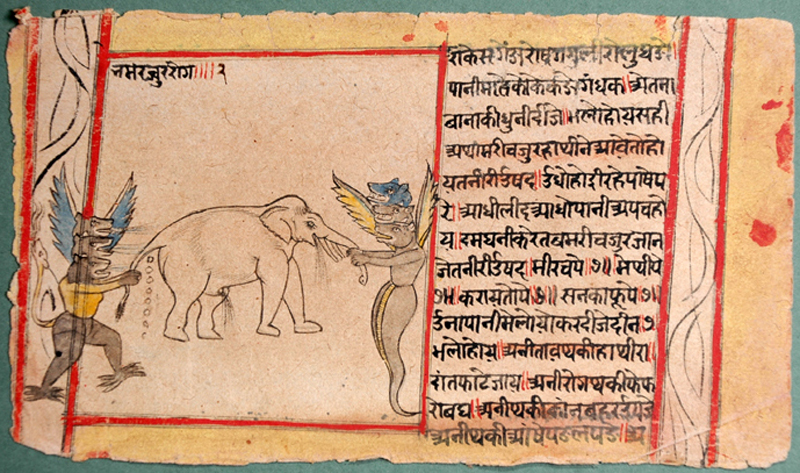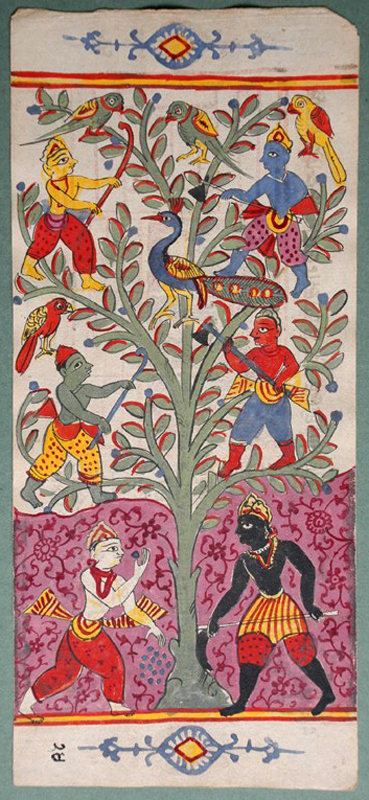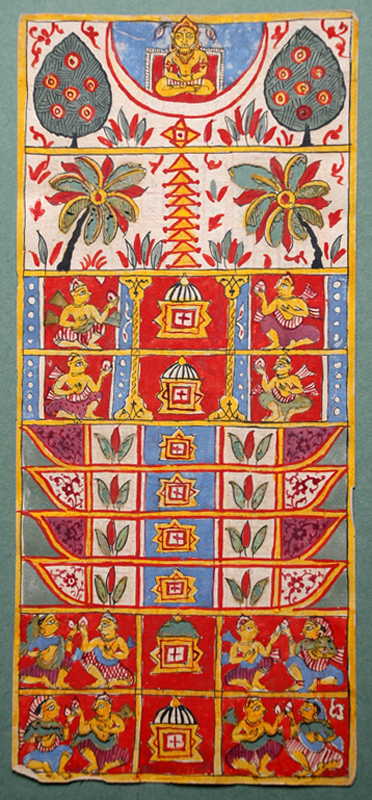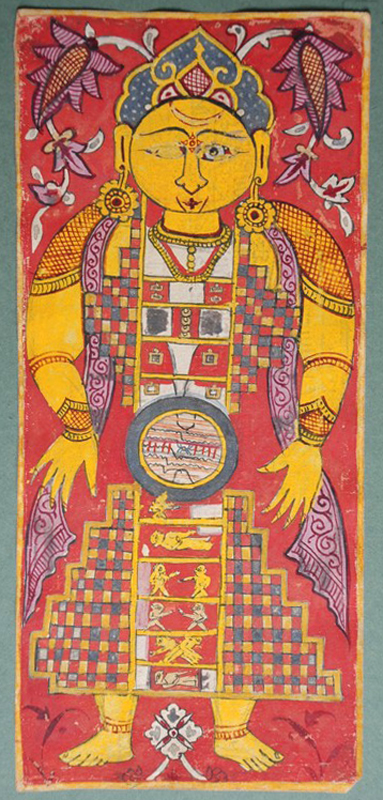Lalbhai Dalpatbhai Institute of Indology




Grant Period: Over one year and four months
The Lalbhai Dalpatbhai Institute of Indology (LDI) was set up in 1956 by the late Sheth Kasturbhai Lalbhai at the behest of the reputed and erudite Jain monk and scholar, Munishri Punyavijayji. The munishri had collected some 10,000 manuscripts on religious matters, ayurveda, tantra, philosophy, etc., during the course of his travels, mainly in Gujarat and Rajasthan. The manuscripts are in Sanskrit, Prakrit, Apabhramsa, old Gujarati, Hindi and Rajasthani. Some of them are richly illustrated in colour. Sheth Kasturbhai Lalbhai was a devoted follower of the munishri, who entrusted him with the task of seeing to the preservation of these precious documents.
The Institute houses a museum, which displays several archival documents such as pattas and firmans among other antiquities, some dating back to 200 B.C.E. It also has a library of some 39,000 books and a publications division that has a catalogue of some 140 books. The Kasturbhai Lalbhai bequest is at the heart of LDI’s manuscript collection. By a process of accumulation around this centerpiece, this collection is now 75,000 strong. The manuscripts contain several of the 5,500 miniature paintings, largely from the Jaina tradition of Gujarat and Rajasthan, which form part of LDI’s visual art holdings. For reasons of preservation, the miniature paintings are not made available to the public at present, although special requests from scholars are entertained. Approximately 150 of the manuscripts, deemed to be extremely valuable, are stored in a strong room. Access to these materials requires the approval of a full meeting of the board and is accompanied by security procedures worthy of a state treasury.
This grant supports the digital documentation of the miniatures in the LDI’s possession. These digital grabs will initially be accessible on low resolution digital media (hard disks, compact disks), leaving open the possibility of uploading the material onto a website. High resolution versions of the material will be made available as and when appropriate. Funds will also be used by LDI to provide brief annotations on the provenance and importance of the miniatures. These annotations will give a much needed visual arts focus to the materials and hopefully correct the strong textual bias in the past scholarship on the LDI collection.
In order to ensure the success of the project, IFA has asked LDI to conduct a trial run. The Institute will document about a dozen miniatures, which will be vetted for the quality of the images as well as the annotations, before attention is directed to the rest of the collection. IFA’s grant will pay for the necessary material and personnel costs associated with this documentation project, including the purchase of a state-of-the-art digital camera and a computer dedicated to the task.
